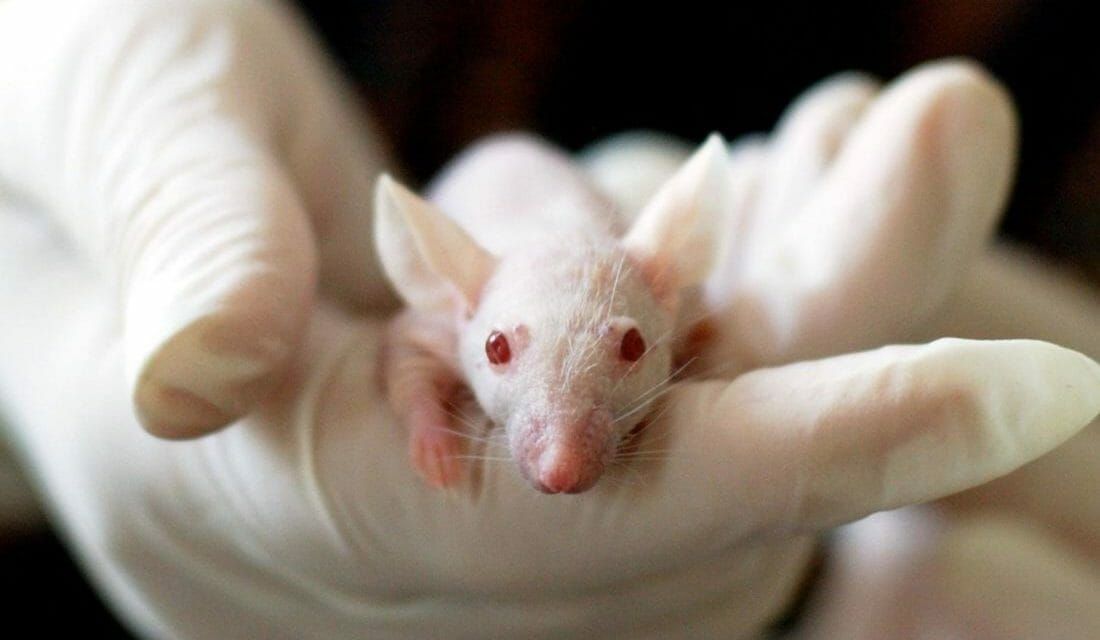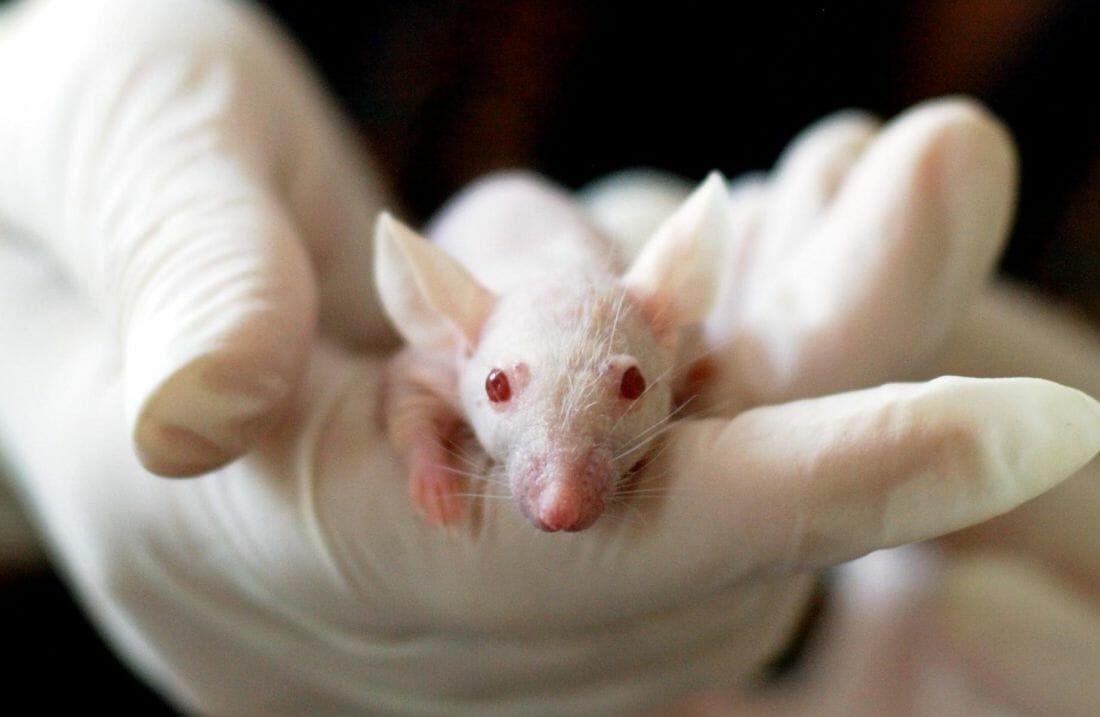It has long been accepted in our culture that humans are owed a certain level of inherent rights. We generally accept that humans have a right to life, liberty, and property, and have developed these ideas as the quest for equality grows in our culture. However, we cannot have a full conception of human rights without considering animal rights as a part of this.
The concept of animal rights as fundamental to human rights relies on the recognition that humans are in fact an animal species, and therefore the compartmentalization of different kind of behavior to different species in fact harms all species. Think of it like this: in the progress of human evolution, can you pinpoint exactly where a human separated from apes and became a human? Is that line a solid line, or is it gradual and blurred in time? Ok, now what about dogs, when did a wolf turn into a Pomeranian? If you examine all species evolution in this manner, we must be comfortable putting a solid, definitive line at the point of differentiation of every species in order to qualify them as separate and deserving of distinct levels of treatment. When we do not have distinct categories of being, we do not have a way to truly justify a stratification of rights among species.
Human rights are also based on the idea of “inherency“, or, in other words, the idea that humans have a right to a certain level of dignity is “inherent” or “a given” along with their basic capacity to exist and experience things. While it might have been deniable in the past that animals share in our complex experience of the world, advances in cognitive sciences and biological research are making that denial harder and harder to stomach. The knowledge that all species have an internal world and experience their existence in unique ways is gaining traction in the world of peer-reviewed science. If inherent rights are based off the idea that we experience the world and have an internal reaction to what happens to us in it, than we must view animal rights as inherent as well.
We also see the connection between animal and human rights in the idea of stewardship. Stewardship is the sense that we must protect or care for something; we have a sense of stewardship when we protect the rights of humans who are vulnerable, who have been oppressed, or are in positions of weakness. We exhibit this same stewardship over animals, especially ones that have been domesticated or placed directly under human care. As science continues to uncover a wealth of evidence of animal sentience, we must expand our sense of stewardship to include humans and animals. The progress of animal rights and human rights are inextricably combined and mutually dependent.
The quest for human rights relies on people being able and willing to change their views and behaviors. It is a futile endeavor to seek the better treatment of one species while allowing brutality to another to continue. It was Peter Tatchell who first identified the capacity in humans to treat animals with such cruelty as analogous to misogyny, homophobia, and racism. Looking at the big picture, the idea that we can deplore cruelty to one species while somehow allowing cruelty to others is inconsistent and dangerous.
The merger of animal rights and human rights is not an attempt to radicalize the concept of animal rights – it is about recognizing that we cannot condone human infliction of cruelty, abuse, and discrimination on animals if we want to eradicated those behaviors between ourselves.









